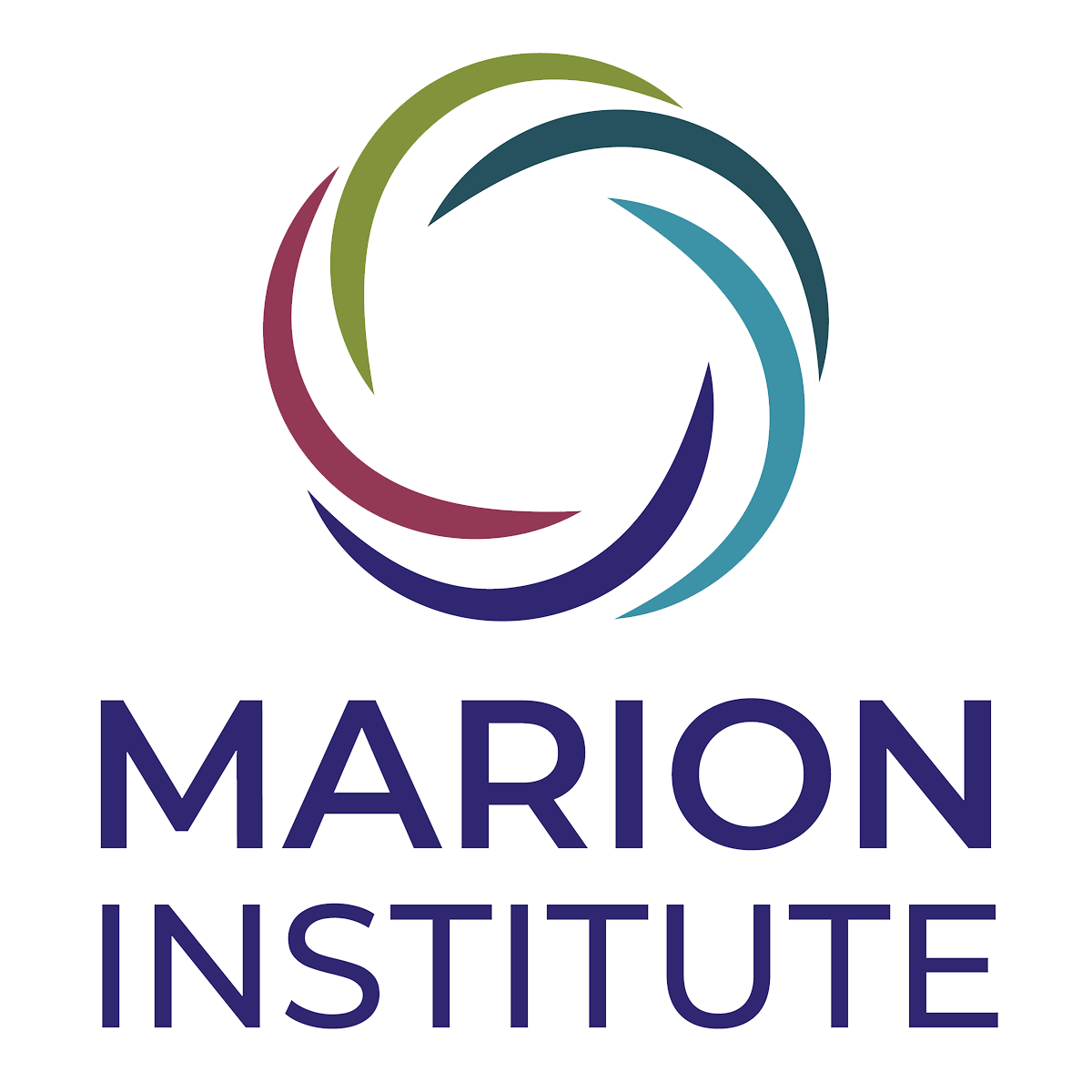The Benefits of IV Therapy
By Dr. Dickson Thom, DDS, ND

Intravenous (IV) therapy is an efficient way to deliver nutrients to the body. Though the technology continues to evolve in its application, the use of IV therapy can be traced back over centuries. In the early twentieth century, standard IV use of saline solution gave IV therapy a foothold in conventional medicine. In the latter half of that century, Dr. John Myers, MD, gained notoriety for his ability to improve various conditions through the introduction of what is known now as Myers’ cocktail, which included Vitamins B and C, calcium, and magnesium. Today, Myers’ cocktail is widely used to rehydrate, energize, and support the immune system in patients. Meanwhile, advances in healthcare and technology allow for broader use of IV therapy to address individual-specific needs than ever before.
IV therapy is potent due to its ability to deliver nutrients directly into the bloodstream, making nutrients available within seconds for the body’s use. Patients who receive IV treatment typically achieve up to 90% nutrient absorption, compared with 50% absorption of dietary nutrients in the context of a healthy digestive system.
Today’s practitioners are able to use IV nutritionally and to deliver pharmaceuticals to the body, increasing the popularity of this form of treatment. As the application of IV therapy grows, so too does evidence of its potential impact as a treatment option for patients experiencing the gamut of chronic and acute conditions. Research has shown IV therapy to have measurable effects in patients who suffer from autoimmune diseases such as multiple sclerosis, acute asthma attacks, acute heart attacks, migraine headaches, chronic fatigue syndrome, fibromyalgia, chronic muscle spasms, chronic pain, severe allergic reactions, chronic sinus infection, and thyroid imbalances. Additionally, IV therapy is useful for clearing toxicity out of the body and boosting the immune system. It is also commonly used as a cancer therapy in combination with high-dose Vitamin C, a powerful antioxidant, or ozone, which is antimicrobial and has many therapeutic applications.
IV therapy has been shown to be particularly effective for individuals experiencing chronic stress who may not be able to derive proper nutrient intake through food consumption, as well as for patients who are unable to eat or properly digest foods. Bypassing the gastrointestinal tract, IV therapy offers an effective method for providing the body with the nutrients it requires for health and healing, including key amino acids and proteins.
Patients wishing to receive IV therapy should begin by first seeking out a practitioner who specializes in IV treatment and who is trained in the sterilizing and monitoring techniques required for safe use. Advanced screening is a prerequisite, as well, for while IV therapy can be an effective treatment option, there are patients for whom IV therapy is not recommended. Certain medications and diseases, particularly kidney and heart diseases, can pose health risks to patients wishing to receive IV therapy. Screening and blood testing with a knowledgeable practitioner who is able to assess the risks of treatment is a necessary first step for all patients. In combination with these safe practices, IV therapy offers tremendous healing and health-promoting potential for many people.
To learn more about IV therapy, join the Marion Institute live on Zoom with Dr. Joyce Martin, DC, APRN of the BioMed Center New England on Tuesday, August 3rd, 2021 at 12pm ET. To register for this FREE event, visit bit.ly/aug3biobites












This Post Has 0 Comments